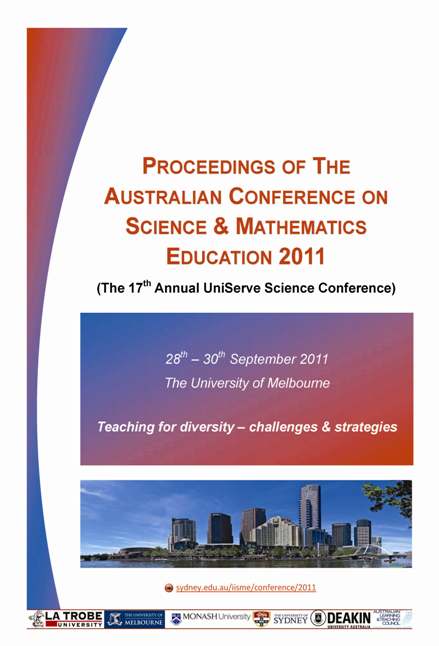Ethics as core curriculum in Science?
Abstract
Ethics as core curriculum in Science? Jeff F Trahair* & Denise Gamble# Discipline of Anatomy & Pathology*, Philosophy#, University of Adelaide, SA *[email protected] Scientific reasoning, while valuable for its own sake in reliably extending knowledge, is also valued as it often leads to applications which alleviate human problems and enhance human lives. Yet at the same time it requires us to engage in complex decision-making about who and what we want to be. The ethical and moral dimensions of science go well beyond the scope of the laboratory bench. To be engaged as both agents, and empathetic and sympathetic participants in making decisions, scientists need to be educated in ethics. For 12 years we have been successfully teaching an ethics subject: Ethics, Science & Society, enrolling mainly Science and Health Science students. Over the years we have identified key features in successfully teaching ethics in a science curriculum: a cross-faculty/disciplinary design, management and delivery; a focus on topical issues; a balance of didactic and reflective pedagogies; strong community engagement where the situations of ‘real-life’ moral dilemmas are presented, and experiential workshops to foster moral imagination.Downloads
Published
2011-08-10
Issue
Section
Abstracts
